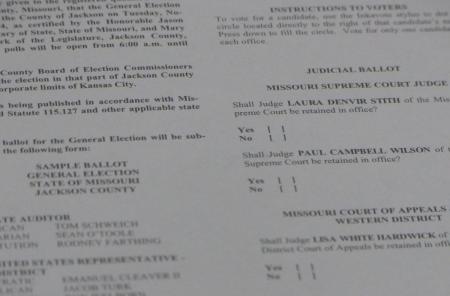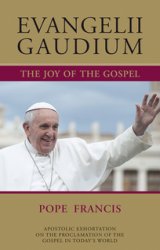We usually write in Dp.net our own book reviews in our Books Section or ask friends of the causes for democracy and human rights to write them for us. This is not the case, but we do not want to miss for our readers such a good review of a great book. The review is quite revealing about so many hidden truths in the World financial avenues that they prompt us to get this book to find the inner truths about "a financial system in which survival is predicated on government connections" and about many other oversights prompted by a misguided "good will" such as the attempts to help the poor get houses and save them from "abusive" practices, with "consequences that will only be seen in the long-run (...) and those consequences will probably not be pretty". There is a recent tendency to chastise free markets, but this book give us another very plausible perspective.
It Wasn't Free Markets That Did It
by David Paul Deavel
 Review of Infiltrated by Jay W. Richards (McGraw Hill Education, 2013) 299 pages; $25.00.
Review of Infiltrated by Jay W. Richards (McGraw Hill Education, 2013) 299 pages; $25.00.
Six years have passed since the meltdown of markets in 2008. Like many things "we all know," the putative reasons for this meltdown have now passed into the national consciousness: greedy bankers, deregulation, and an unregulated market for derivatives, credit default swaps, and other complex financial instruments. Jay Richards' Infiltrated, released in the summer of 2013, is a very handy volume to give to people who are open to hearing an alternative explanation of the crisis.
That it needs to be put in the hands of those open to its message must be said. The dramatic dust jacket and the title are both a little too Ann-Coulter-like for giving to people not already inclined to its message. But Richards, a former Acton Institute staffer and current senior fellow at the Discovery Institute, has penned a book that will help those who read it explain how the accepted narrative is mistaken.
Richards assigns blame for the meltdown and, by extension, for the years of economic sluggishness that have followed to, as the subtitle has it, "the insiders and activists who are exploiting the financial crisis to control our lives and fortunes."
- Hits: 3419

 The Acton Institute has been flooded with media requests because of the 2013 Apostolic exhortation of Pope Francis. While "
The Acton Institute has been flooded with media requests because of the 2013 Apostolic exhortation of Pope Francis. While "
